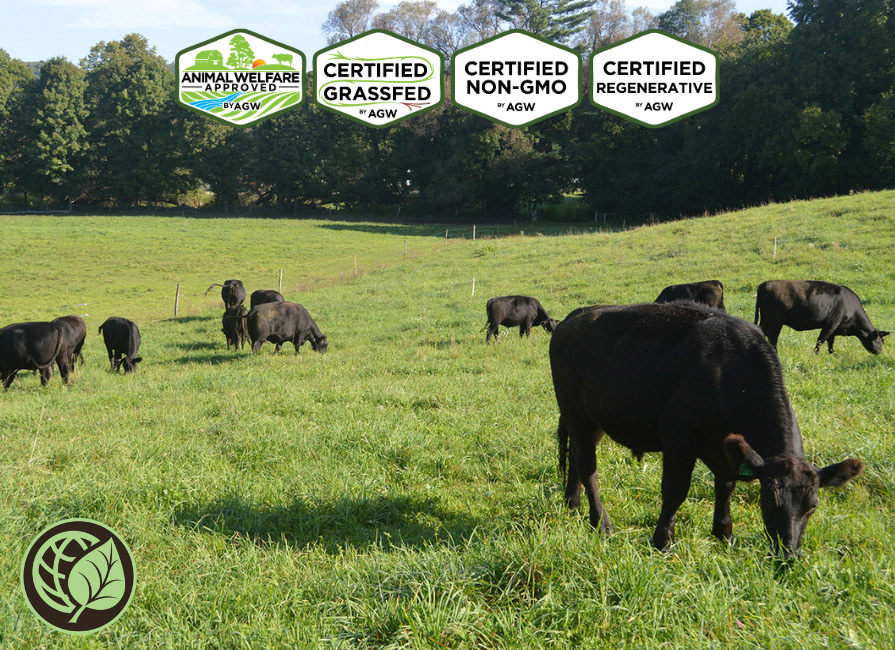One of the key attractions of our Certified Regenerative by AGW program is its practical…
Farmers Enlist Mother Nature in Rodent Control
 Farmers of Israel, Palestine and Jordan are utilizing an alternative method of pest control: birds of prey. Owls and kestrels are now being courted with nests and plentiful hunting grounds, that they may serve as a “natural” means to keep the rodent population in check. Previously, rodenticides had been sprayed on crops to deter the pests. This proved fatal to hundreds of birds of prey – including many endangered species – that died after eating the poisoned animals. Quests for an alternative method ultimately led to a government-funded program encouraging the erection of nesting boxes for owls and kestrels – birds whose complementary hunting patterns result in 24-hour rodent control. A kibbutz, or farming village, in the Bet-She”an Valley was one of the first to employ this method in 1983. The practice has now blossomed into a partnership between three countries, multiple charities, scientists and farmers, in an effort to reduce the amount of chemical pesticides used on middle eastern farms. Read the complete BBC News article here.
Farmers of Israel, Palestine and Jordan are utilizing an alternative method of pest control: birds of prey. Owls and kestrels are now being courted with nests and plentiful hunting grounds, that they may serve as a “natural” means to keep the rodent population in check. Previously, rodenticides had been sprayed on crops to deter the pests. This proved fatal to hundreds of birds of prey – including many endangered species – that died after eating the poisoned animals. Quests for an alternative method ultimately led to a government-funded program encouraging the erection of nesting boxes for owls and kestrels – birds whose complementary hunting patterns result in 24-hour rodent control. A kibbutz, or farming village, in the Bet-She”an Valley was one of the first to employ this method in 1983. The practice has now blossomed into a partnership between three countries, multiple charities, scientists and farmers, in an effort to reduce the amount of chemical pesticides used on middle eastern farms. Read the complete BBC News article here.
While Animal Welfare Approved would not recommend this strategy on a poultry farm (as owls and kestrels are possible predators), it could potentially be useful on other farms seeking a non-chemical means of rodent control.‘, ‘Farmers Enlist Mother Nature in Rodent Control’, 0, ‘Farmers of Israel, Palestine and Jordan are utilizing an alternative method of pest control: birds of prey. Owls and kestrels are now being courted with nests and plentiful hunting grounds, that they may serve as a “natural” means to keep the rodent population in check. Previously, rodenticides had been sprayed on crops to deter the pests. This proved fatal to hundreds of birds of prey – including many endangered species – that died after eating the poisoned animals. Quests for an alternative method ultimately led to a government-funded program encouraging the erection of nesting boxes for owls and kestrels – birds whose complementary hunting patterns result in 24-hour rodent control. A kibbutz, or farming village, in the Bet-She”an Valley was one of the first to employ this method in 1983. The practice has now blossomed into a partnership between three countries, multiple charities, scientists and farmers, in an effort to reduce the amount of chemical pesticides used on middle eastern farms.


